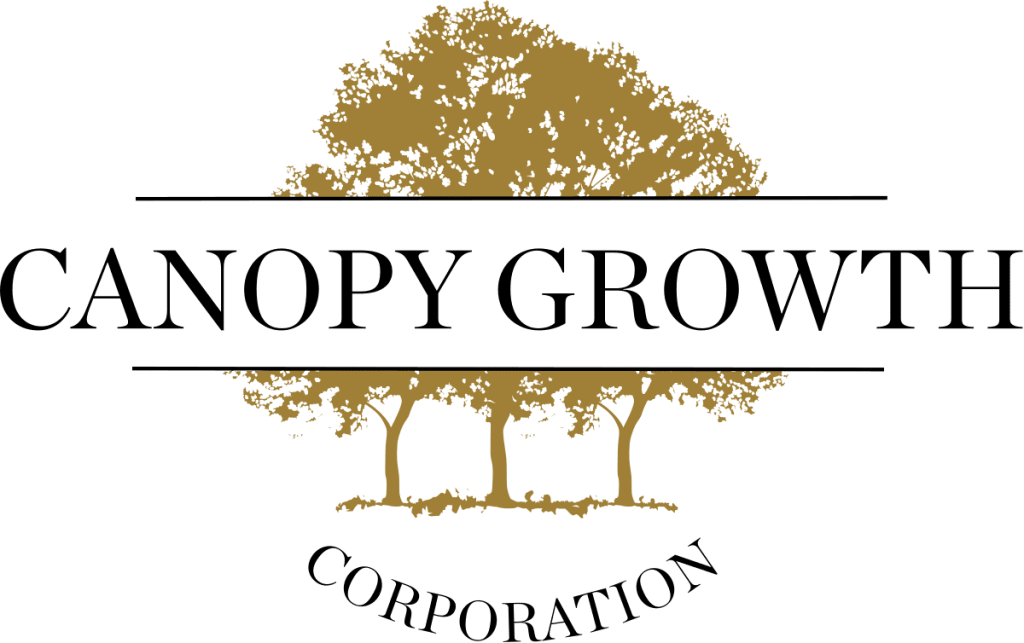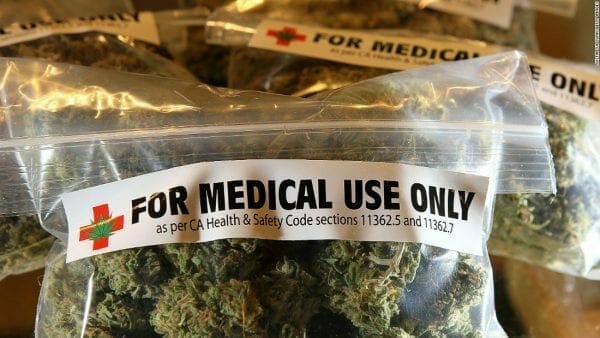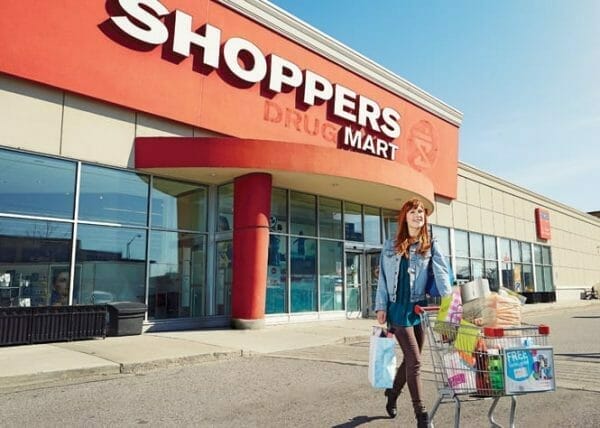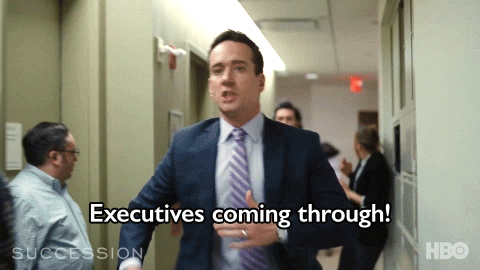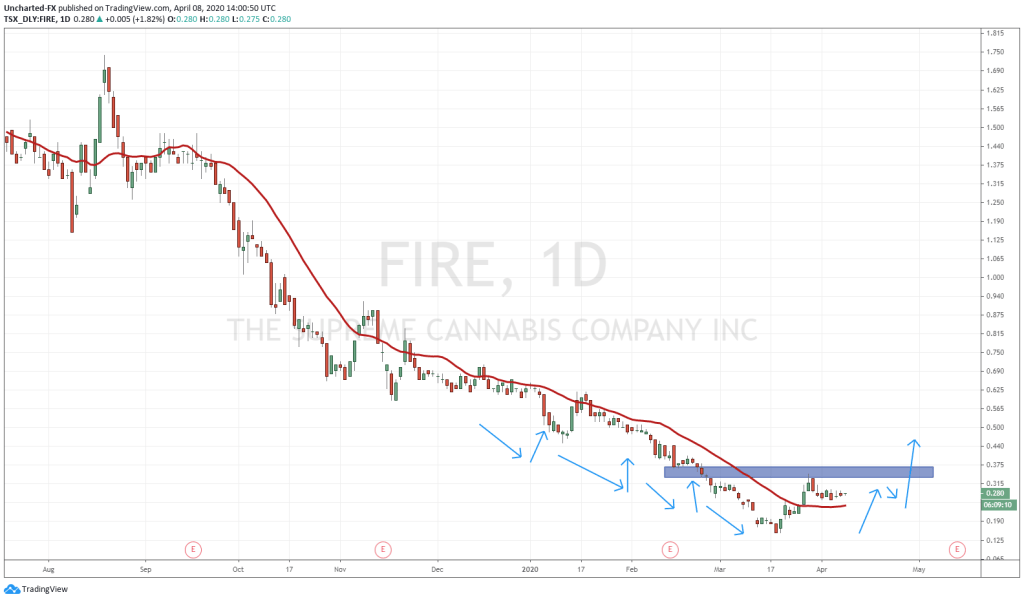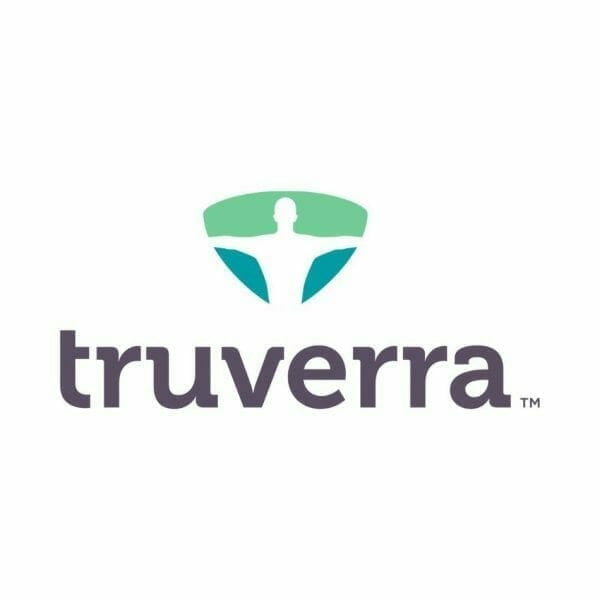Supreme Cannabis (FIRE.T) subsidiary, Blissco, was a nice little craft grower when it hit the public markets last year, but what Supreme saw in them was more than a grow. They saw people, including CEO Damien Kettlewell, who had been for years advocating for smaller growers to be embraced by regulators and government, and an audience that has perhaps been untapped to this point.
See, Kettlewell doesn’t just bump his gums about ‘going green.’ He lives it. Between organizing a music festival to protest clear cutting in B.C.’s Randy Stoltmann Wilderness Area in 1995 to packaging Blissco products in reclaimed plastic found in the ocean, Kettlewell is a true believer.
So Supreme’s plan isn’t just to acquire the asset, it’s to evolve it. Blissco has shut its grow and embraced the oil revolution, becoming an extraction outfit that will eventually plug into the Lesotho production facility to create world-class oil products for European export, where another Supreme subsidiary has set up shop.
That’s the Supreme plan: Go global, but do it right and with people who give back as much as they deliver.
In today’s Equity.Guru podcast, Kettlewell talks to our Ethan Reyes about owning the green-means of production, and how that applies to a passion for saving the world while still making money.
Ethan: Tell me a little bit about yourself, how the company came about and any alignment in your political or ethical framework for yourself, and how those two things can intersect? Big Question.
Damien: Good question. Blissco is the culmination of a 20-year passion for industrial hemp and medical cannabis going back until 1998 where I helped produce an event… probably before your time. There’s a night club downtown called Richards on Richards. Anyways, we did a Hemp Canada Day promotion on July 1st 1998. Which fortunately made it through the years and its still up in our boardroom.
So I developed a passion for the plant in the ’90s and was lucky enough to meet Hilary Black in the late 90s when she was setting up her first medical dispensary in Vancouver, and I was very much interested in hemp, and hemp from the ecological perspective and the quality of the product and then the historical role of hemp through thousands of years. And then medical cannabis as well, when I met my first patient who had multiple sclerosis and told me in 1998 about how cannabis had changed her life.
Founding Blissco: In the end I guess we can thank Stephen Harper because Harper went through various court cases, 10+ court cases, whereby medical patients were suing the federal government for access to medical cannabis, starting in the late ’90s, and then cannabis was legal in 2001 with a designated grower – a homegrown model. I kind of moved on to organizing environmental events at that time but it was just kind of paying attention to it on the peripheral and was self-medicating cannabis to help with relaxation and wellness. Then really Stephen Harper in 2013, you know he was pushed by the local police authority, then the national police authority to create a more structured licensing model whereby corporations could apply for a license to grow medical cannabis. I had moved through about a decade in the corporate world, and I was fortunate enough to work in a family retail business for about a decade and in that family retail business, we acquired licenses for a controlled substance and so that that gave me some big background.
When the MMPR program came out in 2013, we had just exited from the modest-sized commercial real estate project and were able to use some of those funds and allocated a certain amount of money to roll the dice on getting one of these licenses. Initially I thought it would be maybe a few years, it ended up being, well, more than a few years to get a license, but it was definitely worth it. I feel very professionally fulfilled and very delighted to be working with the plant that I love, in an industry that I love, and seeing all of the positive wellness benefits that Cannabis can provide to a whole variety of folks.
Cannabis has moved coast to coast legal now and Blissco has decided to be a wellness focused whole flower operation… very much focused on a full entourage and full-spectrum products to deliver wellness benefits. That was a long answer.
Ethan: You know you have a couple of questions you want to go on as a journalist but for the most part, you read where the other person wants to go, what they’re passionate about, what they feel strongly about, even just that day and you go off it. So I’ve got a lot to unpack. Thank you I appreciate it, sir.
Damien: If I think back to the day that I got this company license, and now there are 180+ plus companies and the marketplace is getting competitive. We identified early on that we really needed to get out with the unique brand in an increasingly crowded marketplace. So I have to give credit to our first marketing director.
My wife Charlene and she were connected with a local branding company called Protect that we did a lot of research on. It felt like I was going to see a psychologist because they wanted to bring all these photos from my childhood and my youth in my 20s and such and being all these things are important to me. So we basically sat there with their assistants and with the encouragement from our brand director Charlene, we positioned the company with a strong environmental focus. That was the start of our journey.
Now our products have been in B.C. for about four and a half months and our products have been an alternative for about a month. We shipped to New Brunswick yesterday. And so it’s great to see we’ll be on the shelves in New Brunswick within a few weeks.
It’s great to see a lot of positive feedback coming in from across the country. The pouches we currently use are 100 percent compostable. And so you know packaging is a tricky venture, a lot to learn on that front. But we’re able to walk the talk on these values.
A couple of other things on the product side, we got oil production like in August 2018 and we’re in the process of getting an oil sales license. Our oil bottles and glass are furnished like glass so they can be recycled, so that that is positive. They’ve pulled this plastic out of the ocean. It’s treated and then is recycled and converted into these pre-roll tubes.
Obviously, this packaging is more expensive and so you have to invest more money. So we’re able to price at a premium category so we can provide a good return to our shareholders.
Ethan: It hasn’t always been easy.
Damien: We’ve had some bumps in the road but it really says a lot of personal character. What we’ve found with our focus on team values and a transparent team culture we’re able to stay calm, collected and discuss a couple of options moving forward. That enabled us to maintain a strong relationship with Health Canada and enabled us to maintain a strong focus on compliance. And that has led us to a real focus on our next issue which is our current initiative, which is the manufacturing GMP certification so we can take a brand to Europe.
Ethan: Fantastic. That’s really interesting you working with a culture coach.
Damien: The culture coach’s role was to understand our team. We needed to hire folks in quality assurance. We needed to hire folks in production. We needed to hire folks in our extraction lab. She was tasked with having a strong knowledge of that, and then she would ensure people that you would bring to the table would resonate with these values. Integrity, accountability, and quality.
Ethan: You said your goal for the quarter is the oil licence, but in the year 2019, what is your largest challenge?
Damien: I think are our biggest opportunity is scaling up by the end of the year to hit that target of being a run rate able to produce 7 million cannabis oil tincture bottles annually. And so we put that in our press release and I’m cautiously optimistic and confident we’re going to hit that goal. The Supreme team has brought in a lot of new and additional expertise on extraction lab set up, and we’re setting up a second extraction lab right now.
An ethanol extract, a lot of people think it works by machine and you plug it in, and off you go. But it’s a complex scientific environment that has to have the ability to produce on scale, and then package on scale as well. So it’s a complex process. And so the biggest challenge and the biggest opportunity we have this year is to complete this second lab and get it licensed which I’m confident we will.
One of my main focuses for this year is we are looking to leverage all of these [global Supreme] assets that the team has developed and we want to bring these assets over time to various international markets.
Ethan: Very briefly can I get you a current production capacity as it stands today if you’re allowed to tell me that.
Damien: Current production capacity of oil per day, I think currently we can produce a few hundred thousand cannabis oil bottles a year through our CO2 extraction lab. And we are building a second lab in ethanol extraction lab that’ll take us to up to seven million oil tincture bottles. So these are 30 mil tincture bottles with a little squeeze topper on top. And these bottles are a retail high CBD oil retails anywhere from $75 to $119 a bottle in Canada.
Ethan: I appreciate you gentlemen taking the time to speak to me.
Damien: Keep pushing, you millennials out there. We’re going to hand you the ball in the next decade or so.


